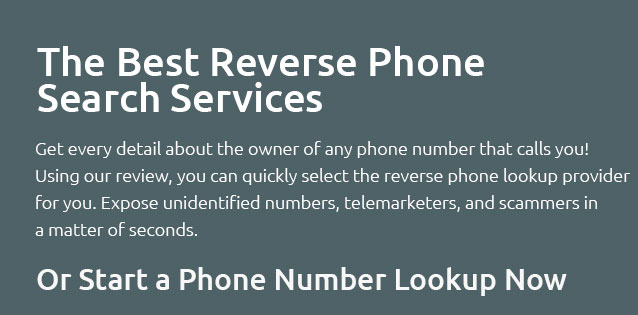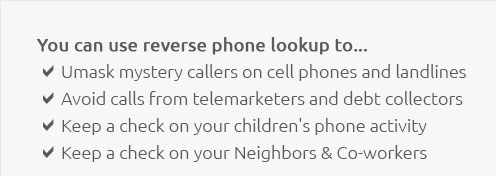 |
 |
|---|
 |
 |
|---|---|
|
|
 |
|
|---|---|
 |
|
 |
|
 |
 |
|---|---|
 |
|
Understanding the Complexities of Cell Phone Location LookupIn today's interconnected world, the ability to locate a cell phone has evolved from a simple curiosity into an essential utility with myriad applications. Whether it's for personal safety, asset tracking, or simply finding a misplaced device, the techniques and technologies behind this capability are as fascinating as they are varied. However, it is imperative to approach this subject with an understanding of both its potential benefits and the ethical considerations it entails. At its core, cell phone location lookup is powered by a blend of technologies such as GPS, Wi-Fi triangulation, and cell tower data. Each of these methods has its own advantages and limitations. GPS, for example, offers pinpoint accuracy, making it ideal for navigation and outdoor tracking. On the other hand, Wi-Fi triangulation provides better precision in urban environments where GPS signals might falter. Meanwhile, cell tower triangulation serves as a reliable fallback, particularly in rural areas where other signals may be weak or unavailable.
Despite the technological prowess that enables location tracking, it is crucial to recognize the privacy implications involved. Accessing someone’s location without their consent can breach personal privacy and lead to legal repercussions. As such, many jurisdictions have implemented strict regulations governing the use of such technologies, ensuring that they are employed ethically and transparently. For individuals keen on utilizing location services, whether for family safety or personal convenience, several best practices should be followed. First and foremost, obtaining explicit consent from the person whose location you intend to track is not only a legal requirement but also a moral one. Additionally, utilizing apps and services that adhere to stringent privacy standards can mitigate potential risks. Always review the privacy policies and settings of any application to ensure that location data is handled responsibly. In conclusion, while cell phone location lookup offers incredible utility and convenience, it demands a balanced approach. By understanding the underlying technologies, acknowledging the associated privacy concerns, and adhering to best practices, individuals and organizations can harness this power responsibly. The future will likely bring even more sophisticated methods of location tracking, but the fundamental principles of ethics and privacy must remain at the forefront of this ongoing evolution. https://www.airdroid.com/parent-control/track-cell-phone-location-free/
Method 1. Top 8 Location Trackers to Track a Cell Phone Location for Free - 1Find My Device (Android) - 2AirDroid Family Locator (Android) - 3Where's My Droid ( ... https://www.ipqualityscore.com/free-phone-number-lookup
Free phone number lookup service for mobile, landline, and VOIP numbers. Lookup phone number details like carrier, line type, location, name, and more. https://www.apple.com/icloud/find-my/
One app to find it all. - See where everyone is on a map. Live Locations lets you share your location with friends and family in real time for an hour, a day, ...
|
|---|